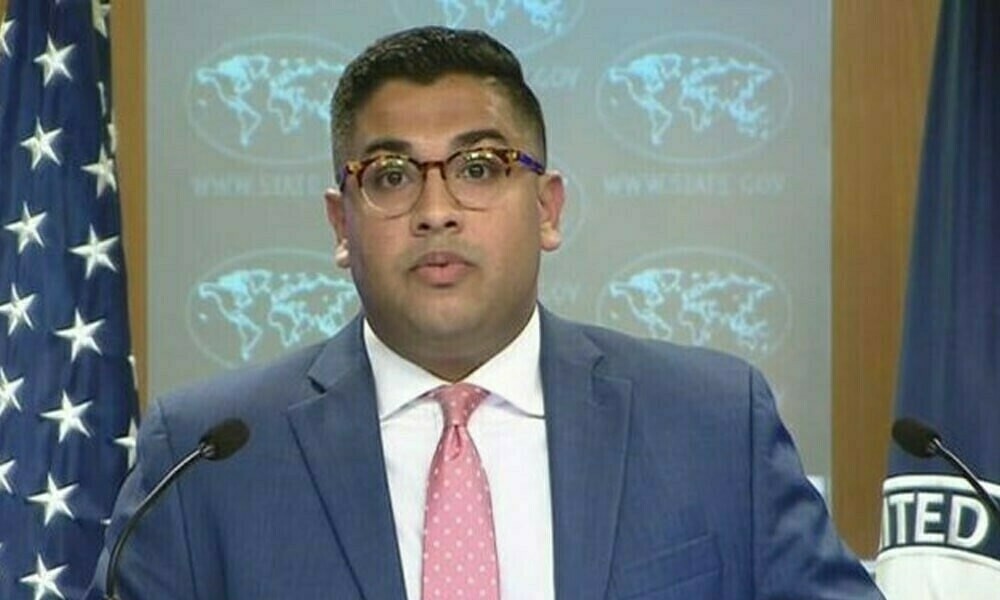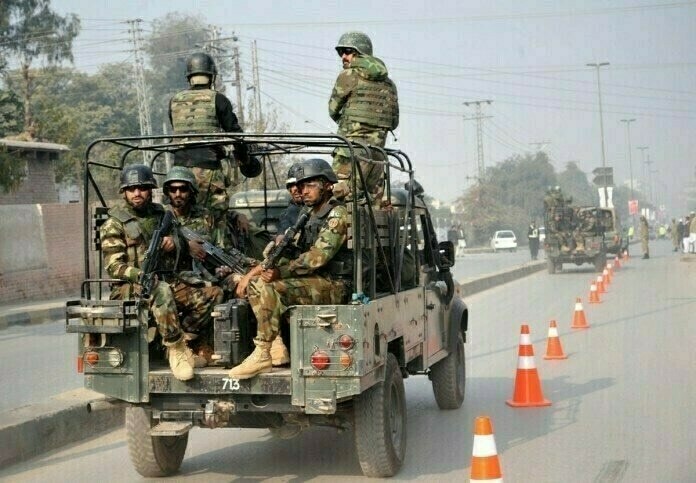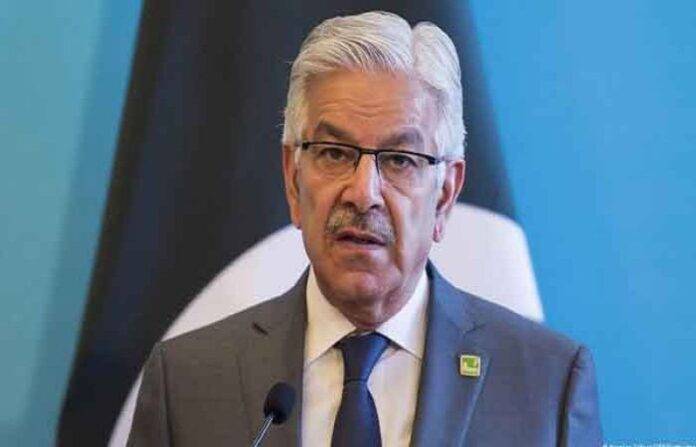PTBP Web Desk
The United States recently announced new sanctions targeting Pakistan’s long-range ballistic missile program, reiterating its commitment to global nonproliferation. Despite the sanctions, Washington emphasized that this decision does not impact other cooperative areas between the two nations.
During a press briefing, Vedant Patel, Principal Deputy Spokesperson for the US State Department, highlighted the importance of Pakistan as a partner. However, he expressed longstanding concerns about Pakistan’s ballistic missile development. “It is longstanding US policy to deny support to Pakistan’s long-range ballistic missile program,” Patel stated, reaffirming the US’s stance on nonproliferation.
On Wednesday, the US imposed sanctions under an executive order targeting the proliferation of weapons of mass destruction and their delivery systems. The measures specifically affect Pakistan’s state-owned National Development Complex (NDC) and three associated commercial firms. These entities have been accused of contributing to the development and support of long-range ballistic missile capabilities.
State Department spokesperson Matthew Miller elaborated on the rationale behind the sanctions. He emphasized that these actions are part of the US’s broader strategy to curtail the proliferation of weapons of mass destruction and ensure compliance with international security norms.
In response, Pakistan’s Foreign Office (FO) issued a strong statement, labeling the sanctions as “unfortunate and biased.” The FO argued that such measures undermine the objectives of peace and security by exacerbating military asymmetries in the region. “These policies have dangerous implications for the strategic stability of our region and beyond,” the FO asserted.
The FO also criticized the inclusion of private commercial entities in the sanctions list. “Similar listings of commercial entities in the past were based on mere doubts and suspicion without any evidence whatsoever,” the statement read. Pakistan highlighted the selective application of nonproliferation norms, pointing out instances where advanced military technology licensing requirements were waived for other countries.
While addressing the media, Patel underscored the importance of safeguarding US national security. “The Department of State will continue to use sanctions and other tools to protect our national security and ensure that US exporters and financial systems cannot be abused by proliferators,” he said.
Patel clarified that the sanctions were specifically related to longstanding concerns over Pakistan’s ballistic missile program. He emphasized that these measures were not meant to overshadow other areas of cooperation between the US and Pakistan. “It’s our hope to continue to engage constructively with the Pakistani Government on these issues,” Patel added.
The sanctions have sparked debates over their potential impact on regional stability and US-Pakistan relations. Analysts suggest that targeting the National Development Complex and associated firms could strain bilateral ties, especially given the sensitive nature of defense and strategic programs. Additionally, the measures could intensify regional security challenges, as highlighted by Pakistan’s Foreign Office.




